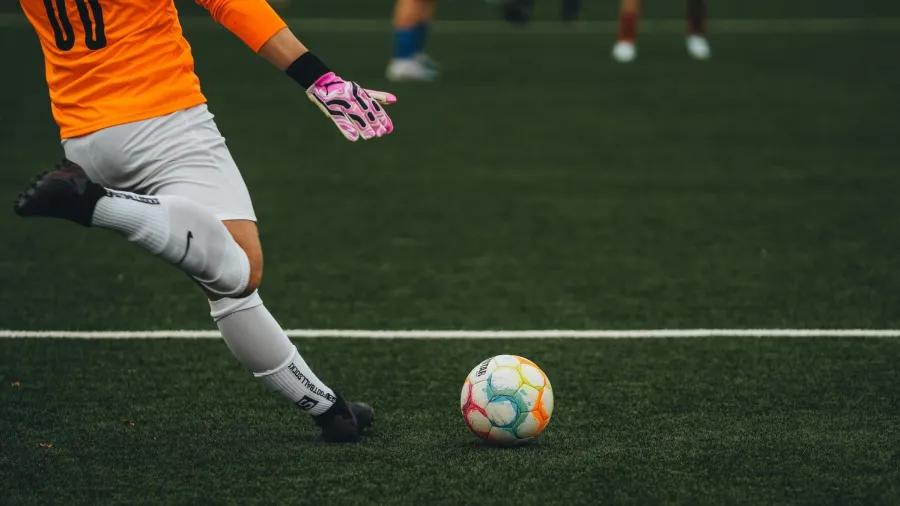
5 things business leaders can learn from modern sports
By applying these principles, leaders can achieve peak performance.
Business leaders can gain valuable lessons from modern sports as athletes exemplify practices that can enhance performance and resilience when applied to business.
Herewith, McKinsey highlighted five leadership practices of great athletes that business leaders can adapt to their work.
Purposeful time management
Athletes like LeBron James plan their routines meticulously. James’ schedule includes early wake-ups, pre-game preparations, and naps.
“Reportedly, James spends more than $1 million a year to take care of his mind and body,” said McKinsey’s report.
Similarly, business leaders must also manage their time meticulously, prioritising key tasks, focusing on doing things only they can do, and creating conditions to perform at peak moments. This also includes developing a “tight but loose” calendar as much as 12 months ahead.
Prioritising recovery and well-being
Recovery is a vital part of sports training as it allows the body to repair itself. Endurance athletes like Eliud Kipchoge, Kenya’s two-time Olympic marathon champion, practice “peaking and tapering.”
Incorporating other recovery practices such as proper nutrition and hydration, stretching, foam rolling, massage, ice baths, and yoga is also essential.
CEOs, who are often operating under stress, should prioritise their well-being and set boundaries to ensure work-life balance. This might include activities such as exercise, music, and meditation.
Continuous learning
Athletes like Bryson DeChambeau and Manny Pacquiao achieve success through continuous learning.
DeChambeau transformed his game using detailed scientific analyses, diet changes, and strength training. Meanwhile, Pacquiao further refined his boxing techniques, making him a boxing legend in history.
This is the same with business leaders. Those observed by McKinsey never considered themselves to be the most informed experts of the smartest people. Instead, they are deeply curious and are willing to learn from other disciplines, industries, and even other competitors.
They seek out experts to fill in their knowledge gaps and look for new sources of insight, both within and outside the company, like younger employees and customer blogs.
Embracing data and analytics
Data and analytics can and do help athletes make the most of their talents and help elevate their teams in the process. In Formula 1 (F1), there are more than 300 sensors in an F1 car, measuring both the vehicle and the driver.
Across the season, race-by-race design improvements derived from data can shed one second per lap.
Similarly, the same is true in business. Modern CEOs should leverage data to guide decisions and identify opportunities.
Showing resilience
Simon Biles showed resilience by overcoming “the twisties” at the 2021 Tokyo Olympics, withdrawing from events for her safety but returning to win bronze on the balance beam, and later prioritising both her physical and mental health.
Muhammad Ali demonstrated resilience through grit, as he said, “You don’t lose if you get knocked down. You lose if you stay down.”
Modern CEOs must show similar resiliency to navigate through global crises and changing market conditions.
Additionally, leaders don’t disappear in times of stress; instead, they analyse the situation, learn from what went wrong, and bounce forward.



